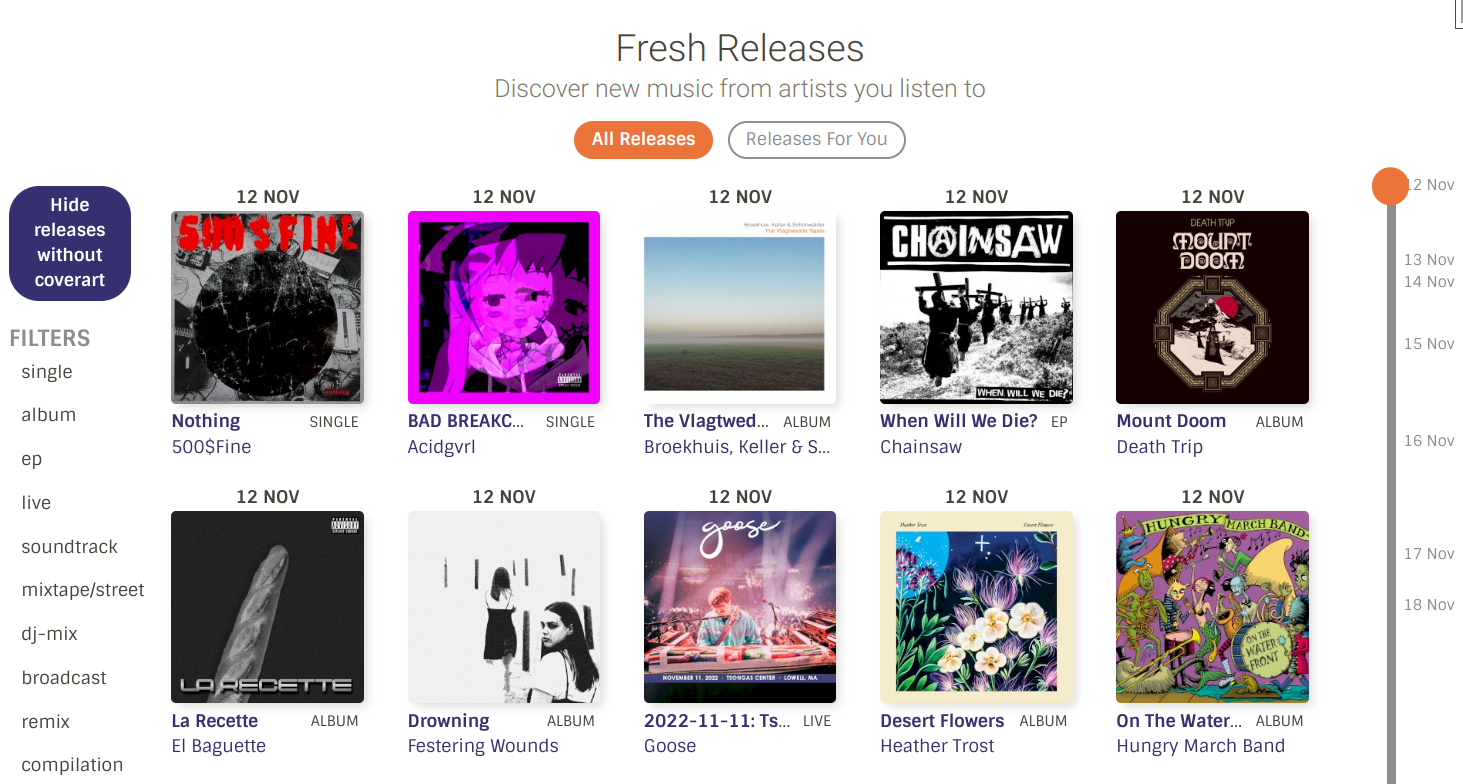Today we have released an alpha version for the upcoming Picard 2.9. The main change coming with this release is limiting Picard to a single instance by default and the ability to run commands inside this running Picard instance from the command line. This work was done by skelly37 as part of last year’s Google Summer of Code.
Keep in mind that we consider this an alpha release and it might contain bugs. As the single-instance mode by default is a significant change on how Picard is being run we want to gather some feedback on the new functionality before we do a final 2.9 release.
Continue reading “Picard 2.9 alpha 1 available for testing”

